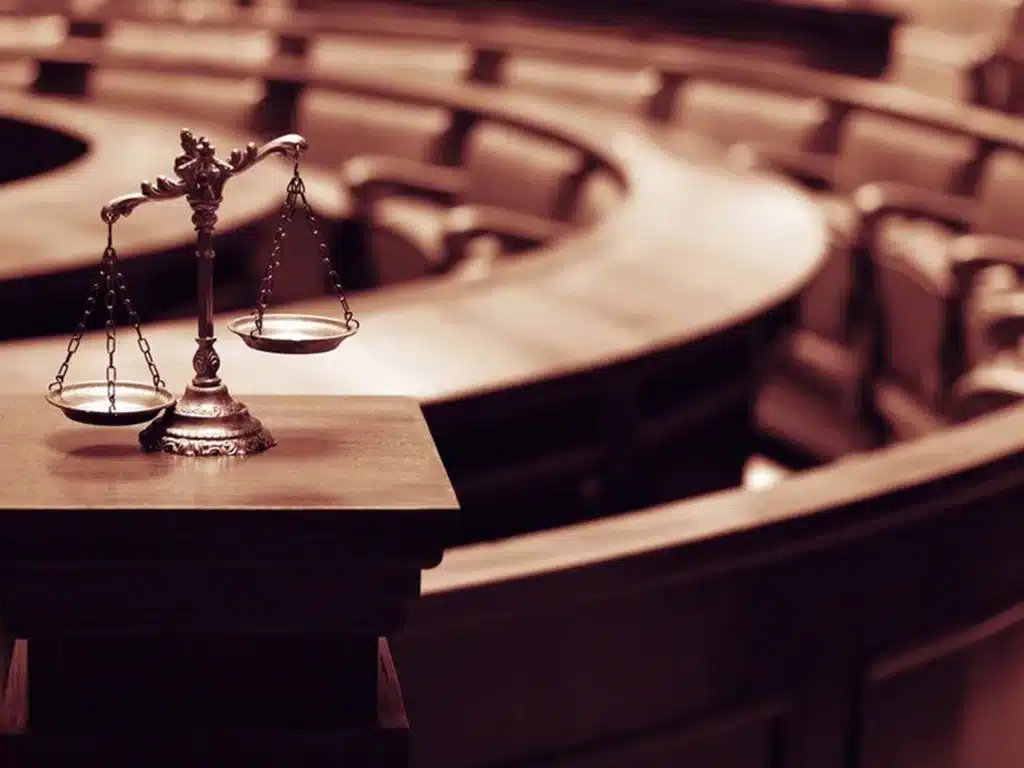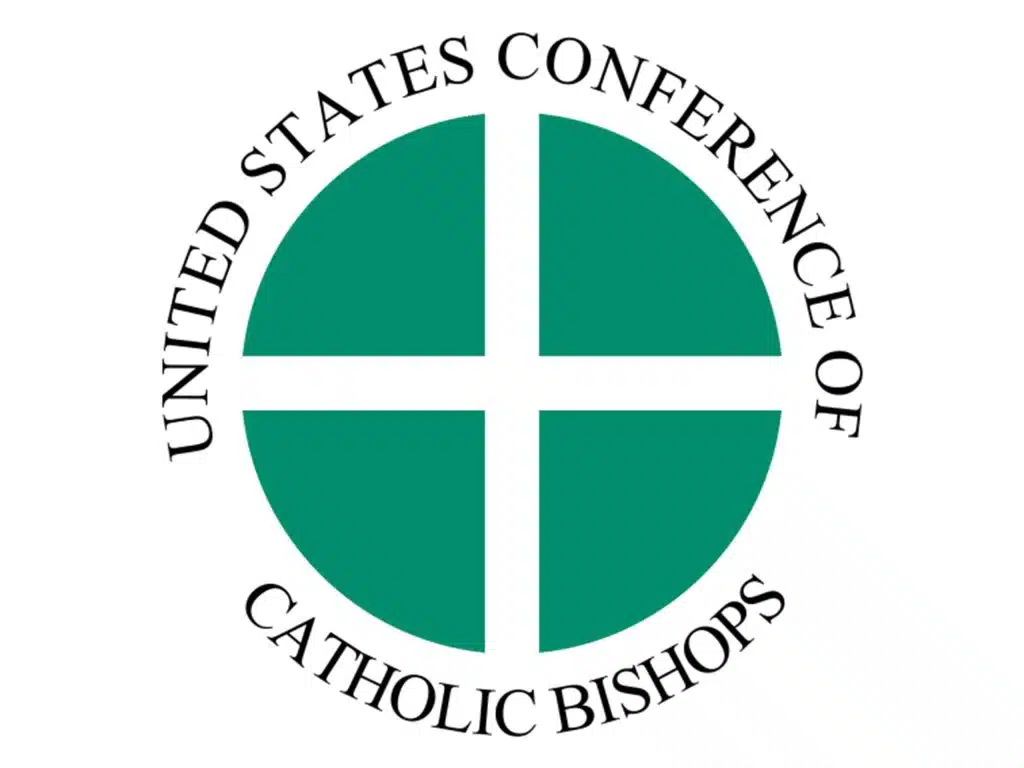WASHINGTON – The line between free speech and hate speech is a thin one, and not always as straight as one would like it to be. There is no free-speech protection for the person who yells “fire” in a crowded theater, but the issue gets complicated when religion is thrown into the mix.
A case in point is the firestorm that erupted over the posting on YouTube of a 14-minute trailer for a video called “Innocence of Muslims,” considered by many Muslims to defame Islam and its founder, Mohammed.
The video sparked violent protests throughout the Muslim world, many targeting U.S. embassies and consulates. Initially, outrage over the video was even linked to a Sept. 11 attack on the U.S. Consulate in Benghazi, Libya, that killed J. Christopher Stephens, the U.S. ambassador to Libya, and three others, but U.S. intelligence reports said later that assault was planned before release of the video.
During an Oct. 22 symposium held at the U.S. Institute of Peace and co-sponsored the institute and co-sponsored by the State Department’s Office of International Religious Freedom, panelists discussed the tensions between freedom of expression and freedom of religion.
“What you saw was a reaction that turned into a global scale,” said Manal Omar, director of Iraq, Iran, and North Africa programs for the U.S. Institute of Peace, about “Innocence of Muslims.”
Muslims in the region were skeptical at the lack of response by U.S. elected officials to the video, she said. Because of their experience under authoritarian leaders, she added, many expected President Barack Obama to “tell YouTube to pull the video,” which was privately produced.
Muslims also complain of a “double standard” in that “you can limit Al Jazeera (the pan-Arab news channel) but you can’t limit this?” in the mistaken belief that the U.S. government can dictate the content of cable systems’ channel lineups. Muslims fume, too, that “anti-Semitic comments” are dealt with more sharply than anti-Muslim ones, according to Omar.
“There’s a great deal of contestation both within the religious sector and within the private sector,” commented Susan Hayward, senior program officer in the Religion and Peacemaking Center of Innovation at the U.S. Institute of Peace.
Hayward said “the elephant in the room” in many such nations is the presence of Christian proselytizers in the country, which citizens see as unwelcome in their majority-Muslim nation.
In those countries, the interest in promoting Islam can be a source of conflict with minority religions, many of which are Christian. People in a nation believe freedom to practice their faith should be a given, but have frequently balked when asked to write it in as part of a new constitution.
The process could take years – and should, according to Marc Gopin, director of the Center for World Religions, Diplomacy and Conflict Resolution at George Mason University. To expect a nation with little experience in representative democracy – such as Egypt after the overthrow of President Hosni Mubarak – to have drafted and finalized a constitution in eight months is unrealistic, he said.
The U.S. experience is “a very mixed record,” said John Esposito, founding director of the Prince Alwaleed Bin Talal Center for Muslim-Christian Understanding at Georgetown University in Washington. “The founding of the United States – on the one hand, we had a lot of folks who came here to gain their religious freedom but we had others, the Puritans, who came here for their religious freedom but not others.'”
The U.S. Constitution – and its First Amendment guarantees of freedom of speech and religion, among others – was drawn up in 1787, adopted by Congress in 1789 and ratified in 1791.
And there seems to be no end to cases involving free speech and religion, citing competing constitutional claims, that reach the Supreme Court – more than the high court could ever agree to hear.
These kinds of disputes also simmer at the local level. This fall, blogger Pam Geller won in court the right to buy space in the New York and Washington subway systems for ads comparing Muslims to “savages.”
“We have to be protective of freedom of speech. But we don’t have to be protective of hate speech. You would not protect speech if the Nazis were projecting hatred,” said an opponent of the ads, Patrick Carolan, executive director of the Franciscan Action Network. The group was one of many Washington-based organizations that led a campaign against selling the ad space to Geller.
“There’s a fine line between freedom of the press and of speech that is really meant to incite violence,” Carolan told Catholic News Service.
In Washington, in lieu of a court battle, the Washington Metropolitan Area Transit Authority and the coalition against the Geller ads came up with a disclaimer to be placed on each sign: “This is a paid advertisement sponsored by (sponsor).The advertising space is a designated public forum and does not imply WMATA’s endorsement of any views expressed.”
“This is a teaching moment,” Carolan said. “From that perspective, I don’t want to say it’s a good thing, but it’s led to something good.”
Achieving a delicate balance between these competing interests is tricky, said Esposito. He used the example of “a devout Christian in that position, if someone is portraying Christ in a similar way.”
“Many, certainly on the Christian right, feel that action ought to be outlawed. We have a significant number of Christians in America who believe the laws should be based on the Bible, who believe the Ten Commandments should be placed on the courthouse walls,” while others “would be apoplectic” over that, he said. “It’s a challenge that we have to work through.”
He added, “You may have freedom of speech, and a wide-ranging freedom of speech, but you also have the obligation to respect other people.”
With little recourse in the courts, “it is better to meet repugnant speech with more speech to suppress that repugnant speech,” said Mark Potok, editor of Intelligence Report, a magazine published by the Southern Poverty Law Center, which tracks activities of organizations it considers hate groups. “The idea is that, in the marketplace of ideas, the truer and more reasonable ones will rise to the surface.”
Potok added that, based on what he’s heard during his travels abroad, “most countries think we Americans are out of our minds when it comes to (protecting) free speech.”


